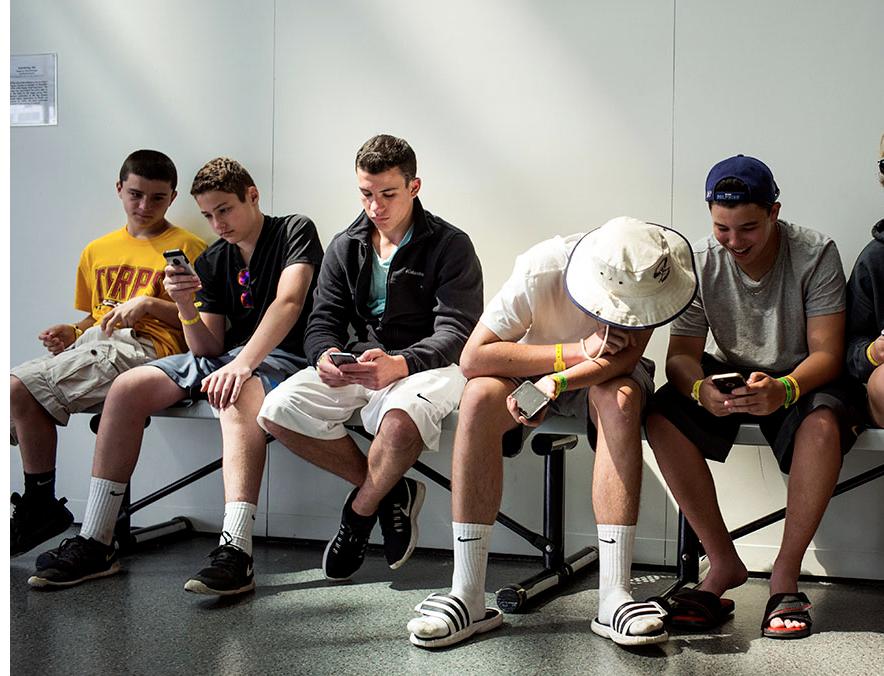Perhaps all parents from the lens of the present are thankful their children were raised in an earlier time. Or, maybe not. It is hard to imagine the anguish of a parent hugging their child as he/she goes off to war.
But I know that analog parents worry about their digital children. The good, bad, and ugly seem infinite from the screen of a cell phone. And in the teen years curiosity fills the spectrum – the bad and the ugly will intrude.
Recently I visited with a friend who is a mother of teenagers. We talked about relationships and thinking. Her concerns were wholly human; technology was mostly on the periphery.
She looked back to her teenage years and recalled the necessity of working out problems in person, face-to-face. Today, she worries, misunderstandings often escalate as shallow text messaging or social media scrums are too often the intermediary. I would add that few careers are impersonal – social maturity is empowering. Person-to-person is the only way to reach enduring solutions.
We also talked about writing. Keyboard shorthand is quick and can be deadly. In a world filled with shades of colors, not just black and white answers, expression needs a vocabulary. Too often crude expressions displace vocabulary’s depth.
Especially in the early years gifted and demanding teachers are crucial. As I sought to express myself, I had to change the way I wrote. My earlier career experiences were as a lawyer. The style of expression was often formal and jargon-based. Later, an especially demanding book editor bruised my ego before my first book was published.
Plus, writing always has a judge in the feedback loop. Resume writing is judged by an employer. Legal writing by a judge. Business plans by investors. And as I write this essay, I know I will be judged by my neighbors.
Education improvement is too often monetized. We are told we need to spend based on numerical thresholds – spending per pupil, average salary of teachers and the like. The more useful debates will be much more granular. And from my perspective, they should start with language and how it is taught and used.
Pick a subject. Any subject. Then write, say, 400 words that others might find interesting or informative or preferably both. We, and we are all students, should be stretched well beyond our current skills because two things are happening. We are learning or improving an essential skill – self-expression – and if we do a thoughtful job, writing will teach us something we haven’t previously known. Writing and thinking are twins. We are forced to learn what we don’t know.
As I look back with the lens of the present, one thing is clear. I began my career when the job market was not in continual disruption. The youth of today enter a radically different jobs market where few traits are valued more than thinking and expression.
And, as I reflect on the discussion about teenagers, I see message apps and social media sites as traps. We should be looking for windows.
Al Sikes is the former Chair of the Federal Communications Commission under George H.W. Bush. Al recently published Culture Leads Leaders Follow published by Koehler Books.



Write a Letter to the Editor on this Article
We encourage readers to offer their point of view on this article by submitting the following form. Editing is sometimes necessary and is done at the discretion of the editorial staff.